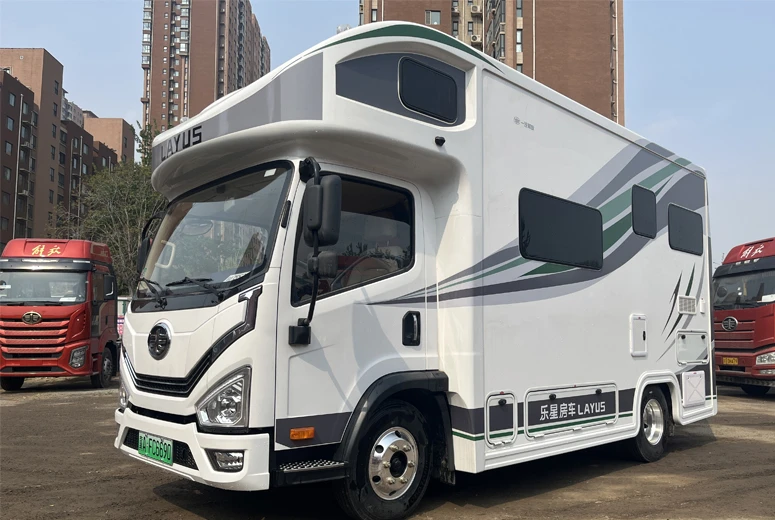types of wheel loaders
Types of Wheel Loaders
Wheel loaders are versatile heavy machinery primarily used in construction, mining, and agriculture. They play a crucial role in various applications, such as material handling, loading, and transporting earth and aggregate materials. With several designs and specifications, these machines are tailored to meet diverse operational needs. Understanding the different types of wheel loaders can help in selecting the right equipment for specific tasks.
1. Standard Wheel Loaders
Standard wheel loaders are the most common type used in numerous industries. They typically feature a bucket mounted on the front, which can be raised or lowered to lift materials. These loaders are equipped with powerful engines and are known for their excellent maneuverability and stability. Standard wheel loaders are available in various sizes, from compact models for light-duty tasks to larger models designed for heavy-duty operations. Their versatility makes them suitable for construction sites, quarries, and farms.
2. Compact Wheel Loaders
Compact wheel loaders are smaller and more agile than their standard counterparts. They are designed for work in confined spaces, making them ideal for urban construction or landscaping projects. Their compact size allows them to navigate narrow streets and tight corners, where larger machines cannot operate efficiently. Despite their smaller stature, these loaders are powerful enough to handle various tasks, including lifting, digging, and transporting materials. They are often used in residential construction, rental fleets, and municipal projects.
Large wheel loaders are heavy-duty machines designed for tough jobs. With their robust construction and high lifting capacities, they are perfect for mining, quarrying, and large-scale construction projects. These loaders typically feature more significant horsepower and larger buckets, enabling them to move vast quantities of material in a single pass. Their durability and efficiency make them essential in high-production environments where time and reliability are critical.
types of wheel loaders

4. Articulated Wheel Loaders
Articulated wheel loaders feature a pivot point between the front and rear sections, allowing them to articulate for better maneuverability. This design is especially beneficial in uneven terrain, as it improves stability and control. Articulated loaders are often used in forestry, road building, and landscaping due to their excellent off-road capabilities. Their ability to navigate tight spaces and rough terrain makes them a favorite among operators who need flexibility on the job site.
5. Electric and Hybrid Wheel Loaders
With growing environmental concerns and a push for sustainability, electric and hybrid wheel loaders have emerged as innovative solutions for reducing emissions and fuel consumption. These machines utilize electric power systems either exclusively or in conjunction with traditional diesel engines. Electric wheel loaders offer quieter operation and reduced greenhouse gas emissions, making them suitable for urban jobs where noise and air quality are a concern. While still relatively new in the market, their popularity is expected to grow as technology advances and the demand for sustainable practices increases.
6. Specialty Wheel Loaders
Specialty wheel loaders are customized for specific applications, such as high-lift, low-profile, or high-capacity models. High-lift loaders can raise their buckets to impressive heights, making them ideal for dumping materials into trucks or hoppers. Low-profile loaders are designed for work in confined spaces or low clearance environments, while high-capacity loaders are engineered to carry heavier loads. These specialized machines highlight the adaptability of wheel loaders in meeting the unique demands of various industries.
Conclusion
Wheel loaders are indispensable in modern construction and material handling operations. With various types of wheel loaders available, choosing the right machine depends largely on the specific requirements of the job site, including space constraints, load size, and terrain type. By understanding the features and benefits of each loader type, operators can make informed decisions that enhance productivity and efficiency. Whether for general construction, specialized tasks, or eco-friendly operations, there is a wheel loader suited to every need.
-
SINOTRUK HOWO 84 Electric Dump Truck for Eco-Friendly Heavy HaulingNewsJul.26,2025
-
The Fast 16-Gear Manual Transmission Assembly for Heavy TrucksNewsJul.25,2025
-
Mercedes Benz Actros 1848 42 Tractor Truck for Sale - Reliable PerformanceNewsJul.24,2025
-
High-Quality Water Pump Assembly for Sinotruk Trucks – Durable & ReliableNewsJul.23,2025
-
Premium Truck Engine Antifreeze Coolant Fluid for Heavy Duty VehiclesNewsJul.22,2025
-
FOTON View G7 Mini Bus: Affordable & Spacious TransportNewsJul.22,2025
Popular products

























